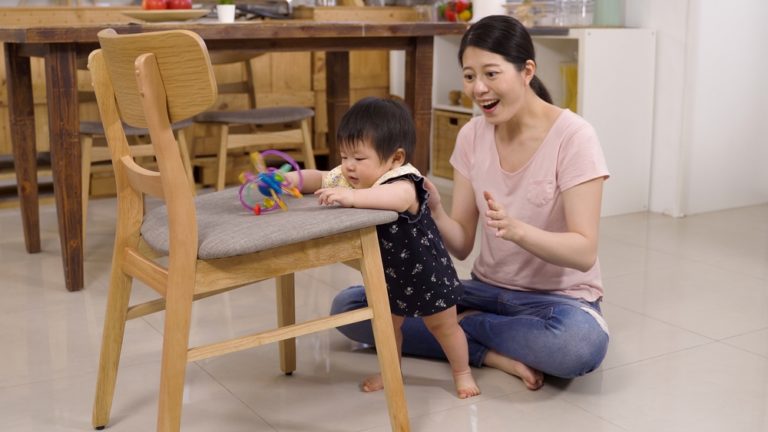Parent Tips
“Will my son be too thin if he doesn’t eat much?”

Written By: Founder of Kat-Spirit Nutrition Centre
Senior Dietitian Ng Yiu Fun
Many parents will bring their children to see me and say, “Is my son too thin? or “His bones are very obvious” or “Look, his ribs are visible, and his arms are still very small! In fact, many parents feel that their children are thin, but in fact, are these cases really thin?
In fact, whether it is thin or not, we have to look at the growth chart. If the child is below the growth line, he or she is considered thin. If the child is thin, there is no need to worry too much about health problems. Some parents may say, “No! His classmate next door eats a whole bowl of rice at every meal and eats a lot of meat, but compared to my son, who only eats a few bites of rice at every meal, he really eats too little! I have to find a way to catch up with the next classmate’s meal, so that he can have enough nutrition!

Many parents have a comparative mentality, and I believe that everyone’s needs are actually different. Some children may be really taller, but some children may be genetically influenced, relatively shorter and smaller-boned, so their needs are certainly not the same and their parents don’t need to worry too much.
I believe one thing we can do is to keep a happy mood when we eat at home, not to see if he eats every bite of rice, whether he “contains rice” or eats the whole bowl of rice, because constantly forcing him will only add pressure to the child when he eats. If we want him to eat a little more when he eats, it is actually very simple, just prepare a smaller portion of rice in the bowl, let him finish it, and then let him add more rice, so that he has a sense of success, but also help him increase his appetite.

In addition, the meal should not be too monotonous. Some parents say they have cooked their children’s favorite foods to suit their tastes in the hope that they will eat more, but unfortunately the results are not very good. Even if it’s a favorite food, it’s boring and tiresome, so they don’t eat it, which has the opposite effect. Therefore, parents should think of more colorful or different tasting dishes to make their children feel new and interesting, so that they will not feel bored and eat less.









